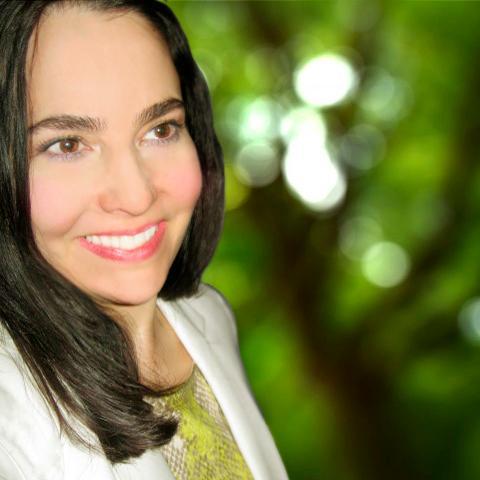If Gordon Gekko was still wandering around Wall Street today, he'd probably be surprised to learn that his favorite mantra, "Greed...is good," has been replaced by "Ethical is good." I also assume that he would demand some proof that corporations are more concerned in 2013 with ethics, than they were with their bottom lines in the 1980s.
To Mr. Gekko I say: behold the World's Most Ethical (WME) Companies list, compiled by the Ethisphere Institute. Now in its seventh year, this year's WME list contains 138 companies, down from 145 last year, and sets a record for both nominations and applications. These companies, forty of which are headquartered outside the United States, represent a diverse cross-section of industries, from business services to leisure and hospitality. There are 23 companies, such as Starbucks and General Electric, who have achieved WME all-star status, and made the list from its inception. Notable companies such as Patagonia, Stonyfield, Costco, and Timberland were not included in the 2013 list.
So, how do businesses get labeled ethical? The standard definition of ethical behavior from Merriam-Webster is, "conforming to accepted standards of conduct," while words such as "moral" "virtuous" and "honest" serve as synonyms. The extensive list of twenty-first century unethical corporate behavior from companies such as Enron Corp., Bear Stearns, and Arthur Andersen has undoubtedly left many consumers feeling jaded. Hopefully, WME companies are helping to reverse that mindset.
According to Ethisphere, a New York-based international think tank, companies that receive the WME designation not only talk the talk, but they also walk the walk. "WME honorees not only promote ethical business standards and practices internally, they exceed legal compliance minimums and shape future industry standards by introducing best practices today." Ethisphere utilizes their proprietary rating system, the Ethics Quotient, to review all corporate nominations. After an extensive review process that includes verification of all responses, a final score is tallied.
As companies who made the cut for inclusion in the 2013 WME list rushed to get their news releases out to the media, one can't help but wonder to what degree does such a list actually matters to consumers, or if it serves as a true barometer of an organization's corporate social responsibility.
According to one entrepreneur, these lists have their disadvantages. "The practice of CSR is an ongoing process, an intention, not an end-point," says Dal LaMagna, founder of Tweezerman, a beauty products company. While Ethisphere touts the companies on its WME list as those that "use ethical leadership as a profit driver," some question CSR lists themselves. The problem with lists is that people create them, and in doing so, they may give more consideration to one category over another.
An appropriate example of this is the issue of corporate taxes. Both Google and Starbucks can rightfully call themselves socially responsible companies based upon their CSR initiatives. Yet, some argue that because these companies use complex accounting practices to minimize their tax bills, they should not be viewed as socially and environmentally responsible businesses.
It's clearly "in" to be ethical. So, is the push by some companies to labeled the most ethical on the planet a passing trend? Let's hope not. How ethical are your favorite brands?

Lisa is a graduate of the S.I. Newhouse School of Public Communications at Syracuse University. She is a marketing communications specialist who is focused on pursuing green solutions for our planet’s longevity.














